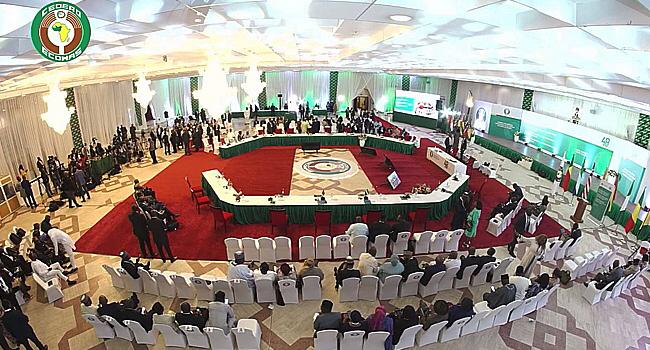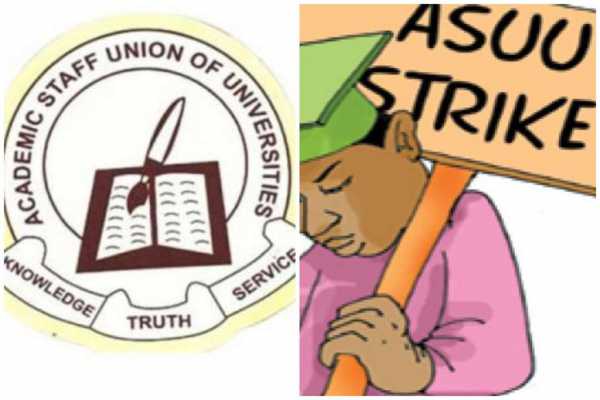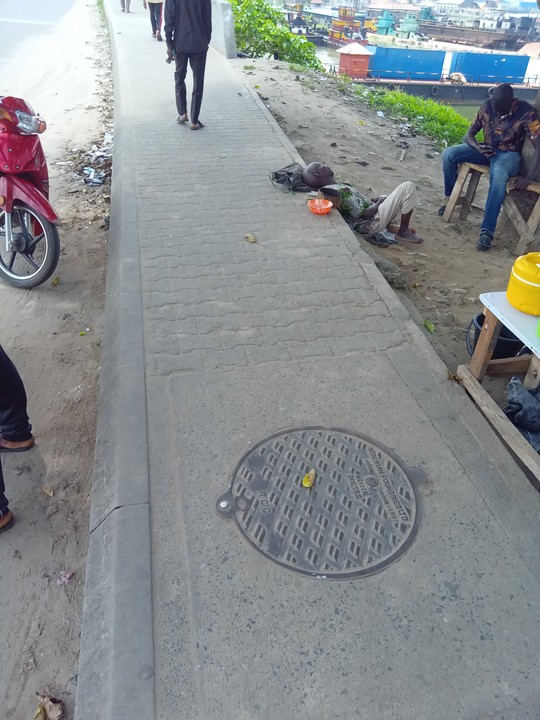The Economic Community of West African States says the decision to lift sanctions on Mali, Niger, and Burkina Faso was based on the need to maintain regional unity and security.
President of the ECOWAS Commission, Dr Omar Touray, said this at the end of the extraordinary session of the Heads of State and Government of ECOWAS on Saturday in Abuja.
He said that the authority took note of the period of Lent and the approaching month of Ramadan and the impact on citizens, adding that pleas were also received from prominent leaders including retired Gen. Yakubu Gowon.
“The authority takes note that the withdrawal will have political, social, socio-economic, financial, and institutional implications for the three countries as well as for ECOWAS as a region.
“The authority recalls that within the framework of regional cooperation against terrorism, violent extremism and organised crime, the three countries benefited from about 100 million US dollars mobilised by UMR within the context of the ECOWAS plan of action against terrorism.
“Moreover, some funds allocation, about 7.5 million US dollars is being made towards supporting the three countries in acquiring the equipment to help their fight against terrorism.
“The withdrawal will affect security cooperation in terms of sharing intelligence and participation in regional counterterrorism initiatives.
“Such as the Accra initiative and the Multinational Joint Task Force,” he said.
Touray added that the withdrawal of the countries from the sub-regional bloc would lead to diplomatic and political isolation on the international scene where the countries have obtained support for their candidates in the contest for international positions.
“The authority recognises that the withdrawal will automatically affect the immigration status of the citizens, as they may be required to obtain visas to travel around the region.
“Citizens may no longer be able to reside or set up businesses under ECOWAS arrangement and may be subject to diverse national laws.
The three countries will cease to use ECOWAS passports across biometric national identity cards, and the brown card vehicle insurance.
“The authority recognises that the three-member states represent 17.4 per cent of the region’s 425 million population






